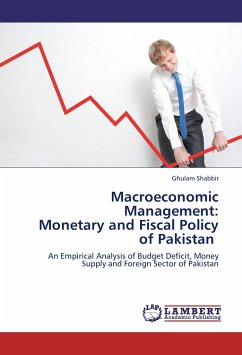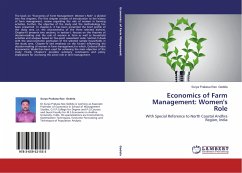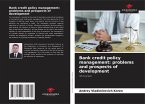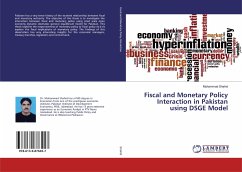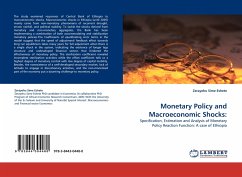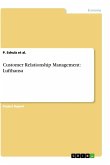This book has empirically investigated the impacts of Pakistan s demand management policies on foreign sector. The transmission mechanism between monetary policy and aggregate demand has been analyzed by using the monetary approach, which depicts that disequilibrium in the balance of payments is the result of domestic money market imbalance. Pakistan is the 27th largest economy of the world in terms of purchasing power parity. During 1970s and 1990s, economic performance of Pakistan remained poor due to nationalization of various sectors and macroeconomic mismanagement. Pakistan s economy became one of the four fastest growing economies in the South Asia during 2000-2007, which was the result of effective strategies of the monetary authorities. Presently, the economy is suffering due to poor law and order situation and nation s involvement in the War on Terrorism. The findings of the study are: government budget deficit has significant impact on money supply and increase in moneysupply has deteriorated the balance of payments proportionally during the period of 1965-99. These empirical findings have equal importance for academicians as well as economic managers of the country.

